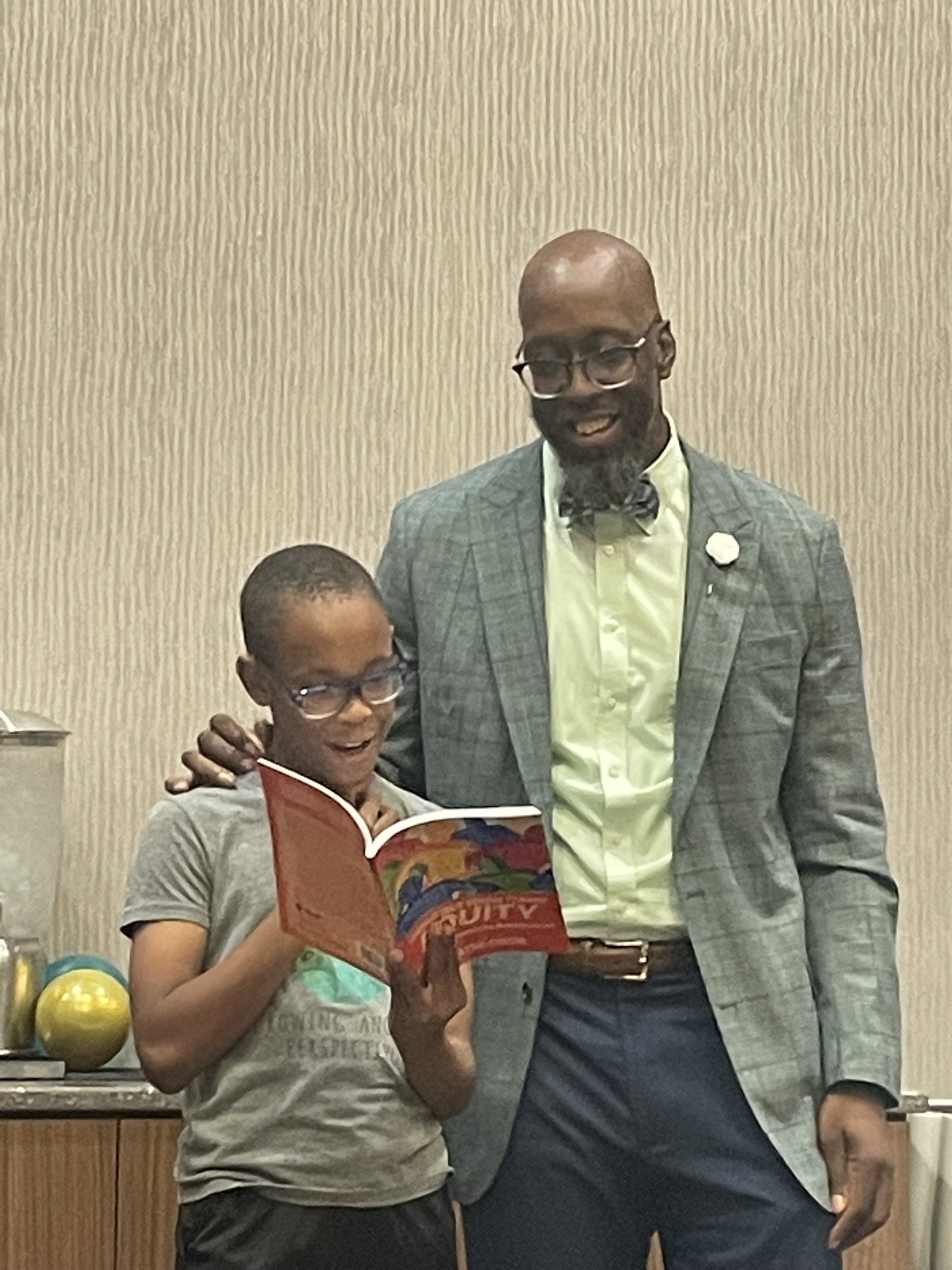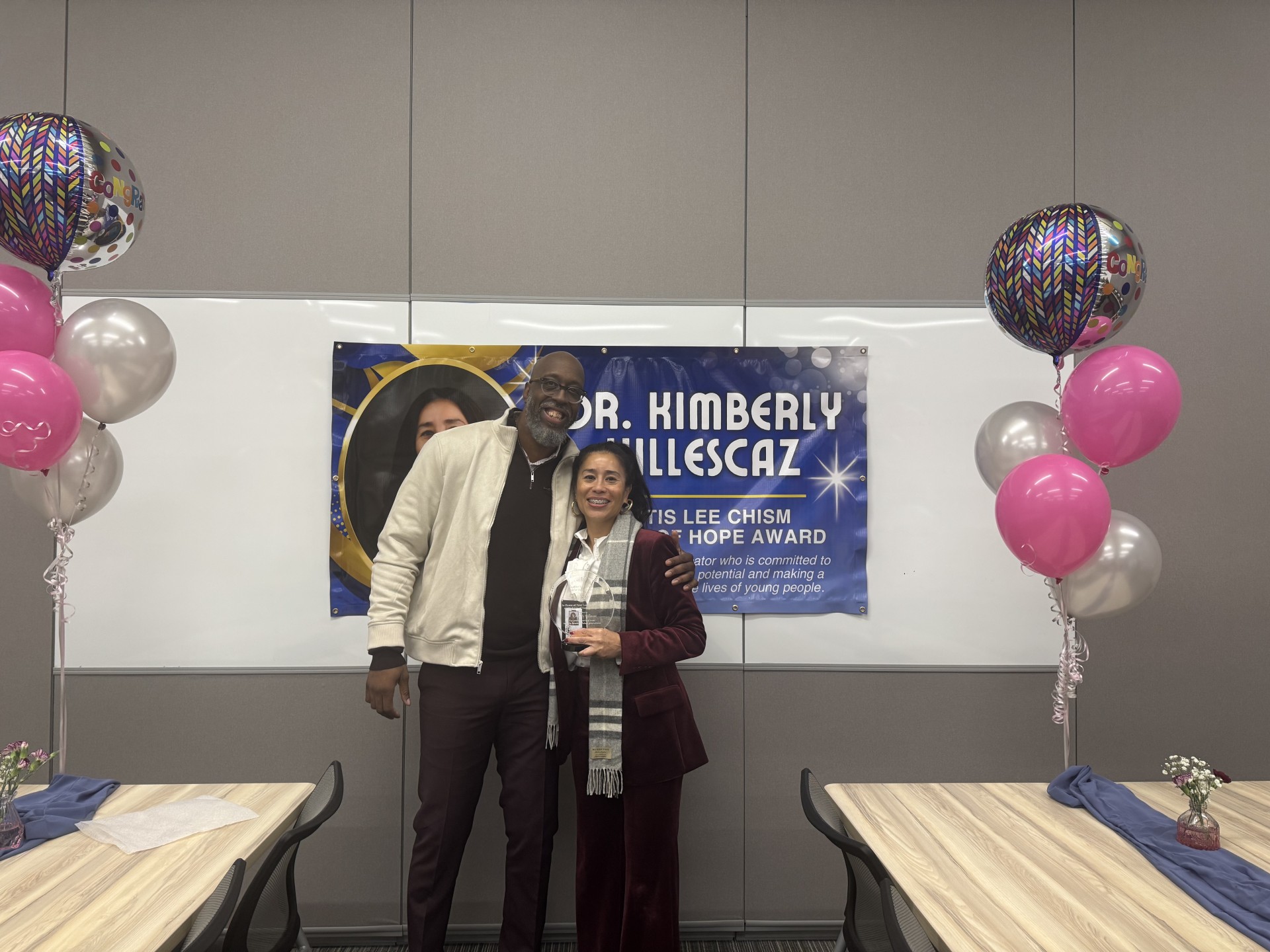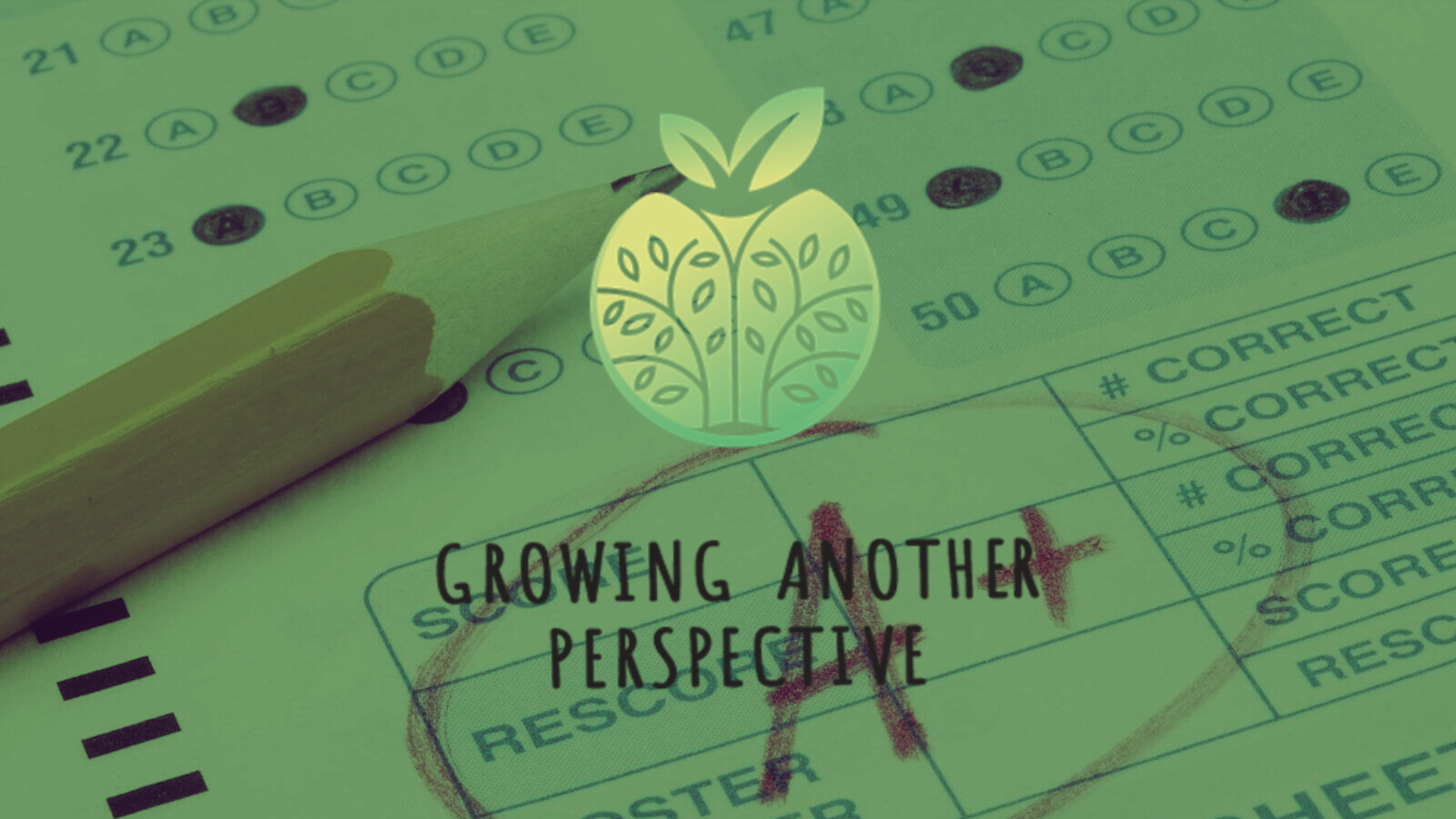Excavating the Artifacts of Student Learning
In examining the effectiveness of a lesson, educators and coaches need to go beyond the "Eye Test."
Including personalized keynotes, breakout sessions, book studies, and more.
Supporting educational leaders with ongoing individualized leadership development.
Helping large and small educational systems refine practices to enhance educator performance and student outcomes.
Engaging educators in professional learning centered around meeting the needs of each and every learner.
Training and counseling educational leaders to lead with coherence.

“Times are changing, but the mission remains the same. We must ensure that each learner has access to a high-quality learning environment which includes authentic opportunities to thrive.”
-Dwayne Chism

The Artis Lee Chism Seeds of Hope Award honors the enduring legacy of Artis Lee Chism, a devoted caregiver who operated an in-home daycare for over 20 years.
Congratulations to our 2025 School Award Winner, Dr. Kimberly Villescaz, Executive Director of Professional Development, Fresno Unified School District!
Shifting Perspectives, Inc. is committed to promoting equity and ensuring that the needs of all students are met. We believe each student deserves access to high-quality education, regardless of background or circumstances. With a nationwide reach, we are dedicated to working closely with school districts and leaders to solve challenges in meeting the needs of all learners. We are passionate about positively impacting students' lives and helping them reach their full potential.

Teachers who are highly effective will have a positive impact on student learning that is greater than the impact of other factors, such as class size, school resources, and socioeconomic status.
A teacher’s beliefs have impact on their teaching practices, student learning outcomes, and classroom climate.
When leaders are unable to build a culture centered around coherence equity efforts fall short.
Equity vision statements that are not thoroughly understood or coupled with inaction are meaningless.

In examining the effectiveness of a lesson, educators and coaches need to go beyond the "Eye Test."

Many equity efforts fail because adults don't share a vision of what disrupting inequities requires. School leaders can fix that.

The article highlights the unique challenges Black male principals face due to racial isolation, stereotypes, and underrepresentation in school leadership.

Dwayne Chism and Susan Brookhart argue that grading should reflect student learning—not behavior or bias.